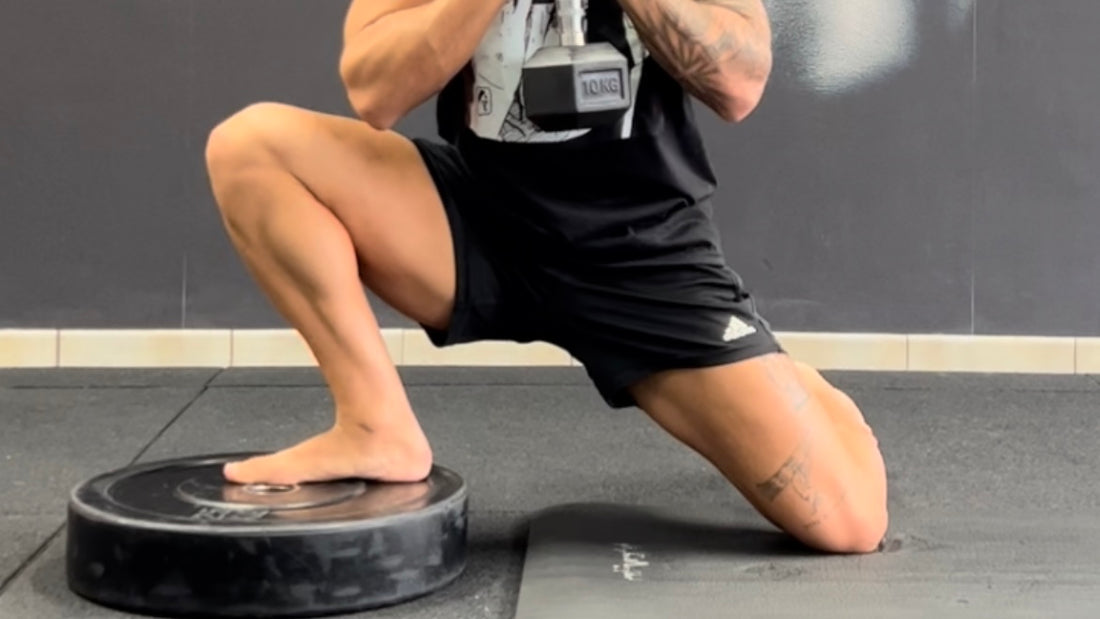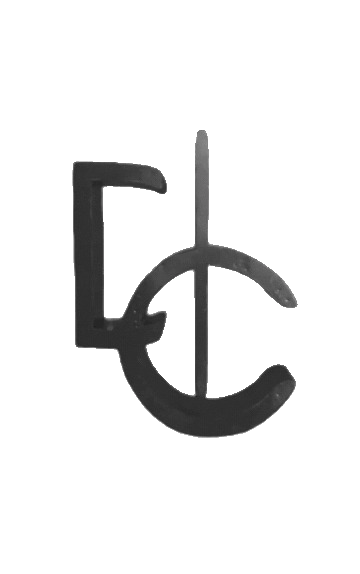
Newsletter, Week 17: Unraveling the Mystery of Adductor Tightness - A Functional Approach
Today, let's delve into a common concern among athletes – adductor (groin) tightness – and explore a more effective approach than traditional stretching.
Understanding the Issue:
Adductor tightness is a prevalent complaint among athletes, and the typical response is to stretch the area in an attempt to alleviate the tightness. However, there's a fundamental reason why this may not be as effective as expected.
The Problem with Stretching Alone:
Stretching, when used as a standalone remedy, often falls short of addressing the root cause because most perceived "tightness" is, in reality, functional weakness.
Functional Weakness in the Adductor Group:
The adductor group seldom functions in isolation but is frequently eccentrically loaded as a synergist muscle. Whether it's sprinting, walking, jumping, or exercises like lunging and squatting, the adductor group is actively engaged eccentrically.
The Role of Hamstring Weakness:
Complicating matters, the adductors also act as synergists to the hamstring group. Weakness in the hamstrings, particularly in flexion, prompts the adductor (Magnus) to assist in ancillary actions like hip extension and internal-external rotation.
A Theory for Resolution:
Our theory posits that when the adductor is overloaded as a hamstring synergist, it may "forget" its role as a pure adductor. This creates a complex issue that, over time, can impede proper hip action.
A Functional Approach:
Instead of relying solely on traditional stretching, consider adopting this schematic:
- Isolate: Identify and isolate the specific actions of the adductor group.
- Mobilize: Focus on mobilizing the muscle to enhance its range of motion.
- Load: Implement targeted loading exercises to strengthen the functional capacity.
- Integrate: Gradually integrate the adductor group into compound movements to ensure seamless functionality.
By following this functional approach, you address not only the perceived tightness but also fortify the adductor group for its varied roles.
